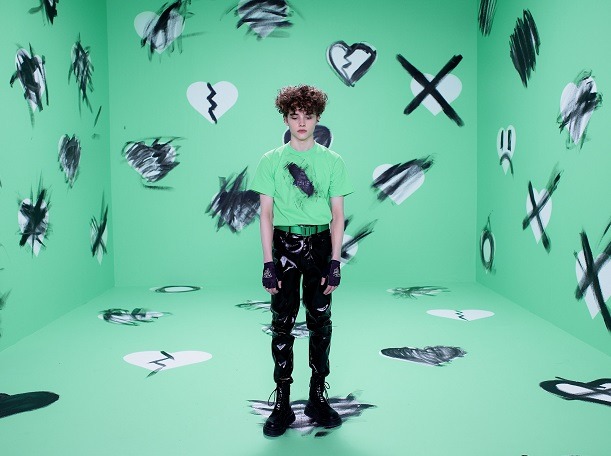Talk about a bad day for Denmark at Eurovision!
Not only did its entry Reiley bow out of the competition at the semi-final stage last night, but one of the country’s cherished winners has been labelled the second worst to lift the trophy in history.
And on top of that: another entrant with Danish roots also failed to advance!
Fourth final failure in a row
Faroese singer Reiley, whose star has been falling since his February triumph in the Melodi GP due to allegations he has spent his whole career lying about his age, was too choked to speak to the media last night following his elimination.
His rendition of ‘Breaking My Heart’ failed to win over the hearts of the European voting public.
A Preply analysis last week suggested Reiley had the sixth best chance of winning Eurovision, but the bookmakers gave the TikTok star virtually no chance, with one even rating him a 750/1 rank outsider to win Saturday’s final.
Reiley’s failure means Denmark has gone four years without making it to the final.
No love for Denmark’s 2000 winner
Nevertheless, Denmark still ranks eighth equal in the all-time rankings with three victories in the contest – which is even less shabby when you consider it boycotted Eurovision for most of the 1970s because DR’s culture supremo preferred to spend his budget on jazz.
But the memory of one of those victories has been tarnished somewhat by a ranking compiled by The Guardian newspaper that rates ‘Fly on the Wings of Love’ by the Olsen Brothers in 2000 as the second worst winner in history.
“The perennially demoralising sound of synthesised panpipes kicks off one of the most nondescript Eurovision winners of all: an amiable but entirely unmemorable acoustic guitar-fuelled pop-rock jog,” it noted.
“Still, it was prescient in so far as it was an early adopter of slathering vocals in Auto-Tune, long before it became pop’s most ubiquitous gimmick.”
Only ‘Diggi-Loo Diggi-Ley’ by Sweden in 1984 was rated lower in a ranking topped by Abba’s ‘Waterloo’, with ‘Dansevise’ by Grethe and Jørgen Ingmann, Denmark’s 1963 entry, finishing a commendable fifth.
No victory for young Victor either
And to really rub it in heading into Eurovision weekend, Denmark won’t even have a second favourite entry to cheer on, as 16-year-old Victor Vernicos Jørgensen also failed to advance last night with his song representing Greece.
Half-Danish through his expat father, a resident of Greece for 20 years and counting, the self-confessed Lukas Graham nut annually ‘returns home’ to sample Farmor’s frikadeller and visit Tivoli and his family’s summerhouse in Gilleleje.
Somehow the European public wasn’t impressed by the teen doing his best to impress, despite the second semi being considerably weaker than Tuesday’s opener.
But at least Victor didn’t lie about his age.















